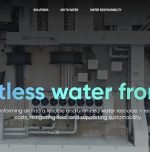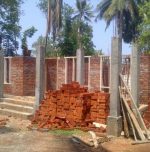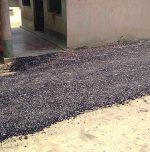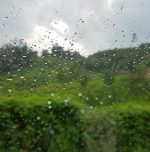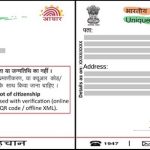Centre mandates water conservation spending under MGNREGA
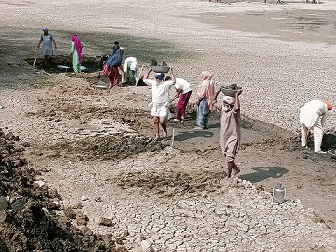
In a major policy shift, the Central Government has amended Schedule I of the Mahatma Gandhi National Rural Employment Guarantee Act (MGNREGA), 2005, to mandate minimum spending on water conservation and harvesting works.
The decision aims to address India’s growing groundwater crisis by linking NREGS expenditure to the level of groundwater extraction in rural blocks.
The Ministry of Rural Development notified the amendment on September 23, 2025.
Two days later, Union Rural Development Minister Shivraj Singh Chouhan announced the move, stating it came after Prime Minister Narendra Modi expressed the need for a dedicated focus on water-related projects under MGNREGA.
According to the revised provision, rural blocks will be categorised based on groundwater stress levels as per data from the Central Ground Water Board (CGWB).
Each category now carries a minimum percentage of total NREGS expenditure that must be allocated to water conservation, water harvesting, and related works.
New Minimum Expenditure Mandates:
- 65% of total cost in ‘Over-exploited’ and ‘Critical’ blocks (where groundwater extraction is 90–100% or more of the annual recharge)
- 40% in ‘Semi-critical’ blocks (where extraction is between 70–90%)
- 30% in ‘Safe’ blocks (where extraction is 70% or less)
This means that in high-stress areas, nearly two-thirds of MGNREGA funds must go to water-related work, making it a core component of rural employment planning.
Jal Shakti Minister C.R. Patil hailed the amendment as a “significant decision,” noting that around ₹35,000 crore will now be available for water-related works through MGNREGA.
The CGWB’s 2024 report classified 11.13% of blocks as ‘Over-exploited’, 3.05% as ‘Critical’, 10.54% as ‘Semi-critical’, and 73.39% as ‘Safe’.
These categories now guide how much each block must invest in water management.
This move is expected to ensure better groundwater recharge, improve sustainability in agriculture, and generate meaningful rural employment through projects directly addressing local water needs.
Image Credit: Mulkh Singh, CC BY-SA 4.0, via Wikimedia Commons
Image Reference: https://commons.wikimedia.org/wiki/File:MGNREGA_Labour_work.jpg


